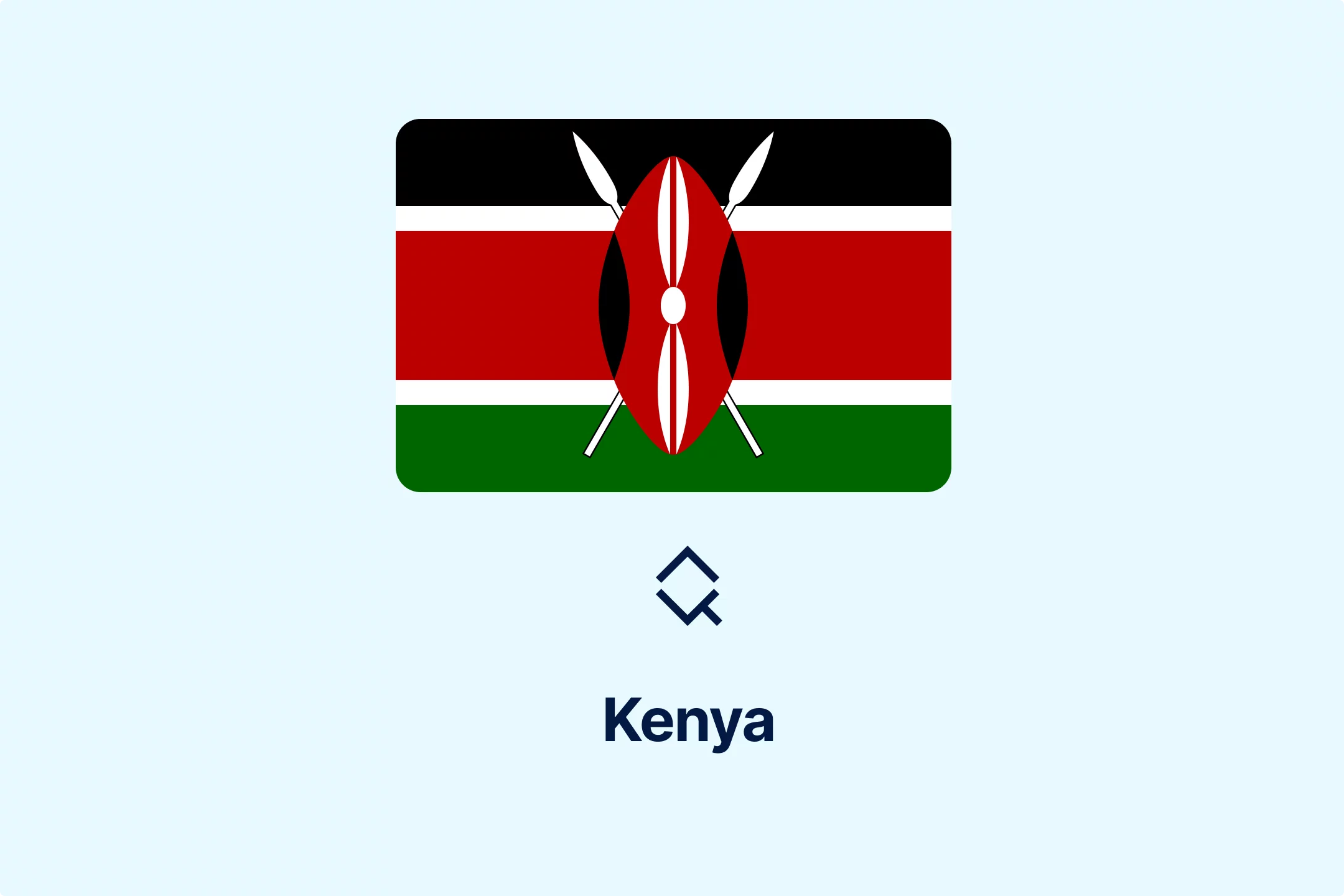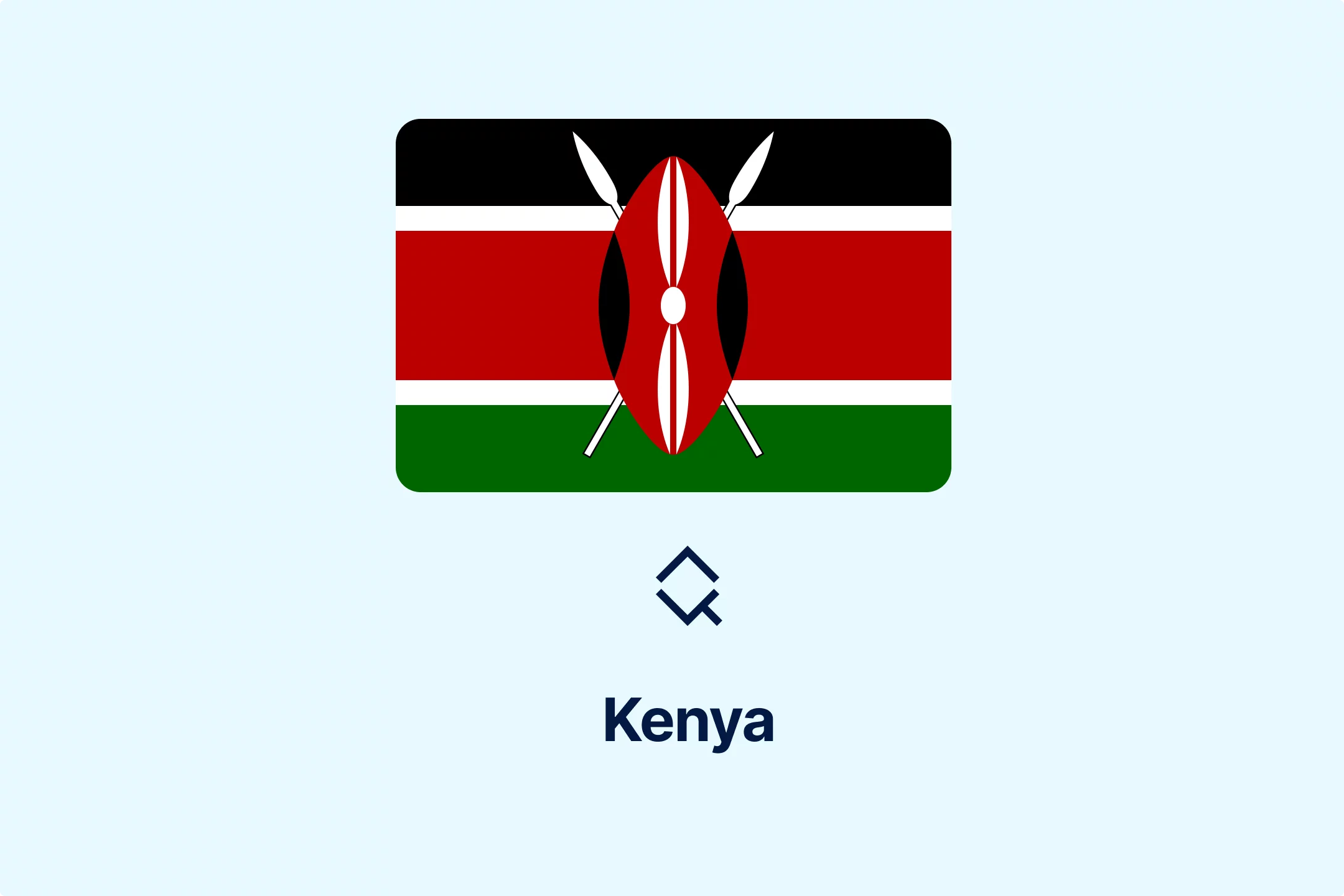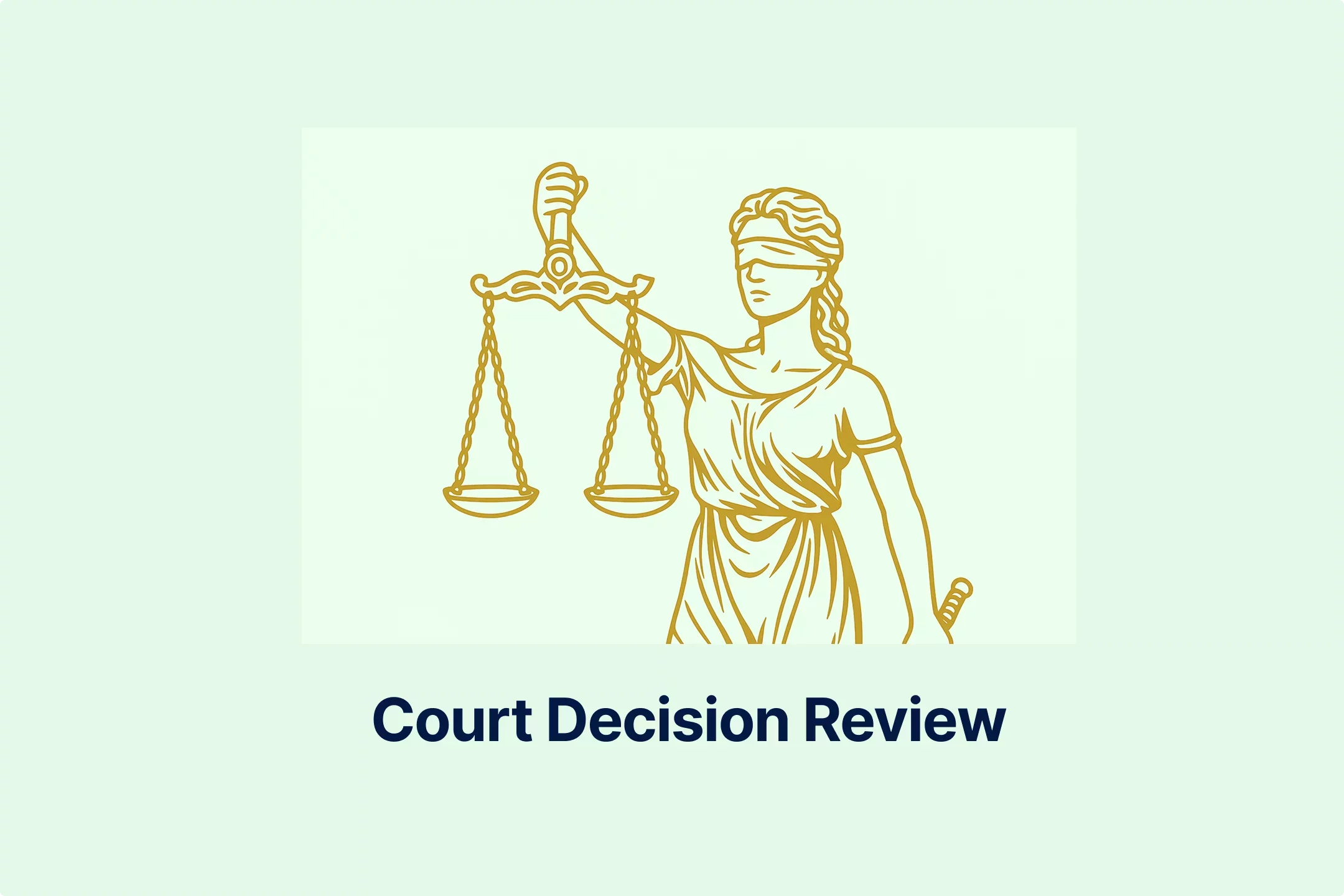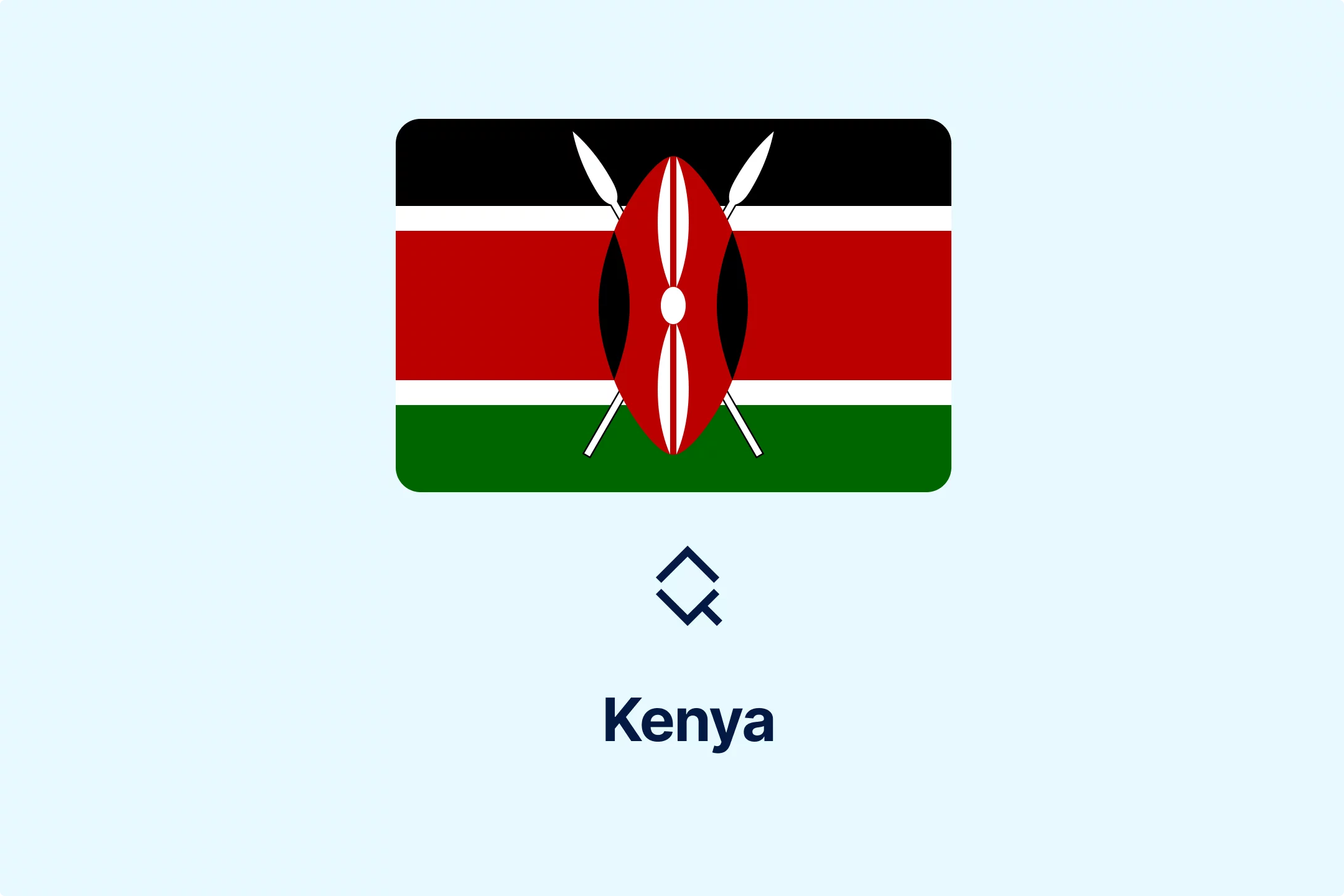Kenya Tribunal Rules Switching Services Are VAT-Exempt

The Kenya Tax Appeal Tribunal announced its decision in the tax case between Kenswitch Limited, a provider of switching services, and the Commissioner of Domestic Taxes, on whether the Kenswitch services fall within the scope of financial services exempt from VAT. The dispute arose after the Commissioner imposed VAT on the company's income, assuming it was supplying software services rather than facilitating financial transactions.
Case Background and Tribunals' Interpretation of VAT Rules
As a switching service provider, the company enabled the transfer, receipt, and settlement of funds between banks and their customers during ATM and POS card transactions. Since these services are integral to the movement of money between banks and devices to complete payment transactions, the company classified these services as VAT-exempt financial services.
However, the Commissioner disagreed, stating that the company was essentially running a switching platform powered by third-party software to transmit financial messages between issuing and acquiring banks. Consequently, the Commissioner classified the service as an ICT or software-based activity, which is expressly excluded from VAT exemption. As a result, the company received a VAT assessment on its switching income.
Following the Commissioners' VAT assessment, the company challenged the decision before the Tax Appeal Tribunal (TAT), claiming that it was a licensed payment service provider, whose function was not to sell or license ATM software. Instead, its function is to enable the completion of financial transactions. Moreover, the company highlighted that its services were already treated as financial services for excise duty purposes.
In contrast, the Commissioner argued that the company's core activity was to operate a switching platform that relied on third-party software to transmit financial messages between issuing and acquiring banks, thereby functioning as an ICT or software-based service rather than a financial one. Additionally, the Commissioner stated that, due to the company's lack of a Banking Act licence, which is a prerequisite for offering VAT-exempt financial services, it was not eligible for an exemption.
After examining all the facts, claims, key provisions, and evidence, the TAT concluded that the law does not set specific criteria for determining what constitutes a financial service, and that VAT Law does not limit financial services based on the technology used to deliver them or on whether the supplier holds a particular regulatory licence. Based on the nature of the service provided, the TAT ruled that switching services related to routing and authorizing financial transactions are exempt from VAT.
Conclusion
The TAT's ruling reaffirms that, when interpreting VAT rules and regulations, considering the nature of the service provided and the economic substance of a transaction are critical. Additionally, the ruling offers clarifications and essential guidance on VAT treatment in the fintech industry, and addresses issues related to the tax status of digital payment services in Kenya.
Source: EY

More News from Kenya
Get real-time updates and developments from around the world, keeping you informed and prepared.
-e9lcpxl5nq.webp)









-1lfl8tbv0h.webp)





.png)
